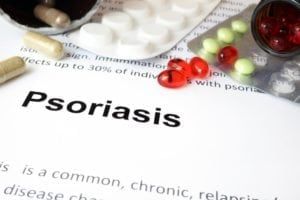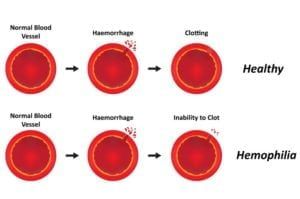A child with GERD has chronically recurring gastroesophageal reflux. This condition can be serious when diagnosed in childhood – especially for infants. In fact, GERD that persists long-term can lead to significant health complications, including ulcers, esophageal bleeding, difficulty swallowing and trouble breathing. Fortunately, children who get treatment for GERD may be able to find relief from symptoms and avoid long-term complications. Many even outgrow the condition, going on to lead a healthy life free of gastroesophageal reflux disease.
Did you know…
GERD affects a large population of infants and children? As many as 1 in 5 babies and approximately 8 percent of all children are believed to have GERD. Due to its symptoms, GERD is often wrongly diagnosed and mistaken for other conditions, such as asthma. Children with GERD symptoms should be seen by a pediatric pulmonologist who specializes in the diagnosis and treatment of the respiratory system and diseases that affect it.
Frequently Asked Questions
What are the symptoms of GERD, and how do I know if my child has it?
The symptoms of GERD in children are very different than those of adults. A child may or may not complain of heartburn. In babies, GERD is often the reason they spit-up or frequently cry, seemingly without reason (colic). Symptoms of GERD in children may also include a chronic cough, apnea, hoarseness and high-pitched breathing (stridor). The only way to know if your child’s symptoms are GERD-related is by scheduling an appointment with a doctor.
How will a pediatric pulmonologist diagnose GERD in my child?
A diagnostic exam and history of symptoms are usually enough to diagnose GERD in older children. Young children and babies may require diagnostic testing, such as x-rays or an endoscopy to make an accurate diagnosis.
What types of GERD treatments are available?
Treatments for GERD in children often include the use of medications that manage stomach acid production or help the stomach empty of food faster. Your child’s doctor will also give you advice on managing GERD symptoms at home. This may include sitting your child up during and after a meal, thickening baby formula, and avoiding foods that induce symptoms, such as fatty foods or spicy foods. In rare cases, children with severe health complications of GERD may require surgical intervention.











































































































































































































































































































